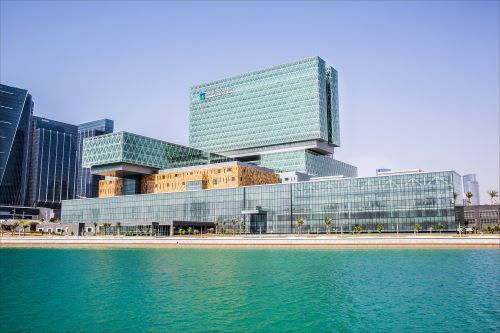Closing women’s health gap presents a $1 trillion opportunity

WEF launches Global Alliance for Women’s Health
A newly released report from the World Economic Forum (WEF) has revealed that closing the health gap facing women worldwide could result in a $1 trillion annual boost to the global economy by 2040.
The report, titled ‘Closing the Women’s Health Gap: A $1 Trillion Opportunity to Improve Lives and Economies,’ emphasises that addressing women’s health disparities is crucial for enhancing the quality of life for billions of women and holds the key to unprecedented economic growth.
Developed in collaboration with the McKinsey Health Institute, the report highlights the need to address health conditions that uniquely or disproportionately affect women.
Addressing shortcomings
The analysis suggests that by addressing these shortcomings, which hinder women’s workforce participation and economic contribution, the time women spend in poor health could be reduced by almost two-thirds.
This improvement would positively impact the lives of over 3.9 billion people while adding $1 trillion to the global economy annually by 2040.
Shyam Bishen, Head of the Centre for Health and Healthcare at the World Economic Forum, stressed the importance of prioritising women’s health: “Our analysis demonstrates that addressing the women’s health gap and investing in women’s health must be a priority for every country.”
The report establishes a clear correlation between better health and economic prosperity, revealing that women, on average, spend 25% more of their lives in poor health than men.
Closing this health gap could lead to a 1.7% increase in per capita GDP, with every $1 invested potentially unlocking $3 in economic growth.
New forum launch
The World Economic Forum has launched the Global Alliance for Women’s Health to spearhead action in response to these findings.
This multi-sector platform has garnered interest from 42 organisations, including government leaders, private sector representatives, and philanthropic entities. These partners have committed to advancing the alliance’s priorities in financing, science and innovation, and agenda-setting.
Key commitments include the Tower Capital Group pledging over $25 million in 2024 to overcome barriers in women’s health, Rotary International launching a $30 million initiative for disease prevention and maternal and child health, and Kearney leading a call for action to redesign healthcare with women in mind.
The Global Alliance for Women’s Health will be guided by a multi-sector governing board, co-chaired by Anita Zaidi from the Bill & Melinda Gates Foundation and Nisia Trindade Lima, the Minister of Health of Brazil.
The board includes influential figures from various sectors, emphasising the global commitment to prioritise, protect, and promote women’s health.
The alliance’s launch aligns with the World Economic Forum Annual Meeting 2024, focusing on ‘Rebuilding Trust, where leaders worldwide have convened from January 15-1, 2024, in Davos-Klosters, Switzerland.
All World Economic Forum members are invited to join the Global Alliance for Women’s Health in a collective effort to close the health gap and unleash the economic potential of women worldwide.
Featured image: Women, on average, spend 25% more of their lives in poor health than men. Image: National Cancer Institute












